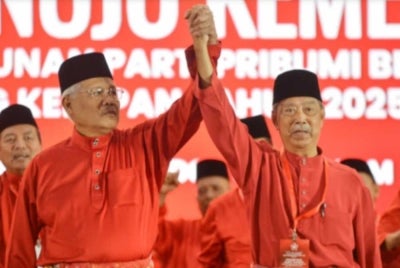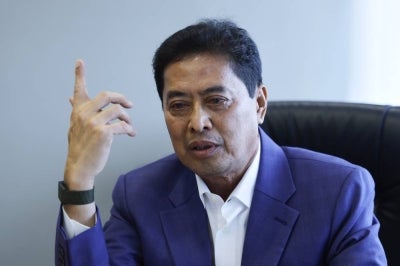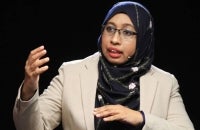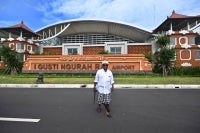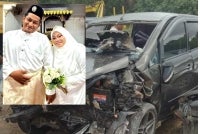Breakdown of the 'regressive' amendments that may cause a ripple effect of statelessness
There are five regressive amendments, according to the advocates, which they argue would “remove protections against becoming stateless” and eliminate the rights of the children.
SINAR DAILY REPORTER
Constitutional amendments are underway following the federal government's move to amend Malaysia’s citizenship laws following a prolonged gender equality movement to allow Malaysian women with a foreign spouse the right to confer citizenship to their children born overseas. A right already granted to Malaysian fathers.
However, with this progressive change, another set of "regressive" amendments as dubbed by advocacy groups and civil society will also be coming into the pipeline.
There are five regressive amendments, according to the advocates, which they argue would "remove protections against becoming stateless" and eliminate the rights of the children. Here's the breakdown of the amendments and revisions as listed by advocacy groups during their meetings with the Home Ministry:-
1. Section 19B, Part III of Second Schedule
Amendment: To amend from citizenship by "operation of law" to citizenship by "registration".
Effect: Foundlings and abandoned children will no longer be entitled to automatic citizenship.
Currently, foundlings are currently protected by the Federal Constitution as provided under the aforementioned evidentiary provision which gives them the benefit of doubt when the date and place of their birth; and the status of their biological parents are unknown and thus unable to be proven.
The proposed amendment would see foundlings subject to citizenship vested in the Home Minister's discretionary power and unreasonably place the burden of proof on the child as to his/her parentage.
2. Section 1(a), Part II of Second Schedule: To delete the words "permanently resident".
Effect: Children born to Malaysian Permanent Residents (PR) will no longer have access to automatic citizenship
This means that children born to Malaysian PRs who are stateless will no longer have access to citizenship by "operation of law". Marginalised groups such as existing stateless communities of Orang Asli and Orang Asal would also risk entrapment into intergenerational statelessness.
3. Section 1(e), Part II of Second Schedule: To amend citizenship by "operation of law" to citizenship by "registration"; repeal Section 2(3).
Effect: Affected individuals such as children born out of wedlock, adopted and abandoned stateless children; and indigenous communities will no longer be constitutionally protected against statelessness.
Currently, the aforementioned individuals are accorded a pathway to automatic citizenship by "operation of law" but the proposed amendments would see them no longer having said access even though they are born here.
4. Article 26(2): To replace the words "date of marriage" with "date of obtaining citizenship".
Effect: Citizenship of foreign spouse of a Malaysian man will be revoked if their marriage is dissolved less than two years after the wives are granted Malaysian citizenship.
This amendment will render foreign wives at risk of citizenship deprivation and statelessness as Malaysia does not allow dual citizenship which may result in entrapping these women in a violent or abusing marriage.
5. Article 15(A): Amend and reduce the age limit from "21 years" to "18 years" for the purpose of citizenship registration.
Effect: Stateless child applicants will now have reduced years to apply for citizenship and potentially close out the pathway for stateless children to gain nationality amidst bureaucratic delays and appeals which could take years to process.
By convention, most stateless children apply for citizenship through Article 15(A) as only those below the age of 21 can go through this route.
With tabling for the proposed constitutional amendment expected to take place at the end of February, it requires a two-thirds of parliamentary votes for the Bill to be approved as it is a constitutional amendment.
Advocates are calling the government to separate or decouple the amendments from the mother’s rights as those affecting children and statelessness required more in depth research.
Download Sinar Daily application.Click Here!

